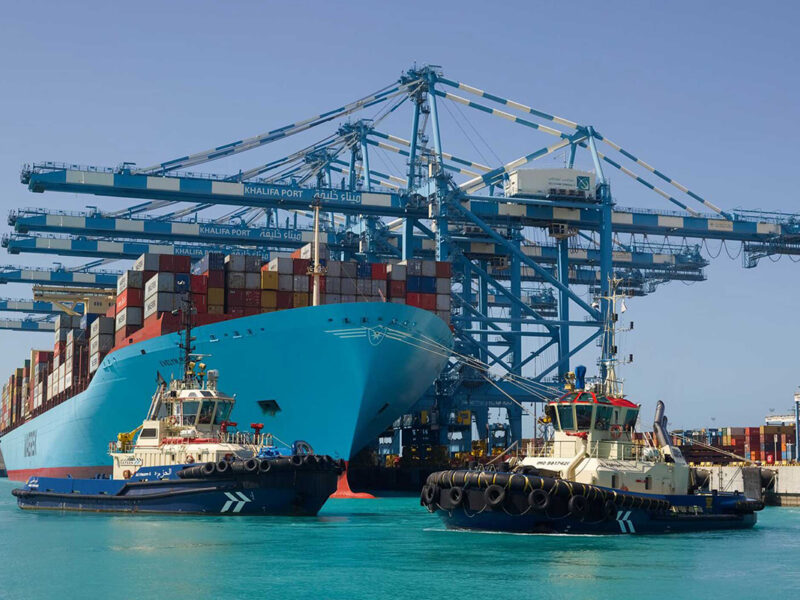The International Air Transport Association (IATA) has called on governments in the Middle East to develop re-start plans to safely re-link their citizens, businesses and economies to global markets when the Covid-19 pandemic permits.
IATA also called for regional coordination to ensure that the plans can be efficiently implemented and urged governments to remain vigilant about the industry’s financial situation.
IATA data shows January air passenger traffic in the region was down 82.3 percent compared to January 2019, adding that the ongoing crisis puts over 1.7 million jobs in the Middle East and $105 billion in GDP at risk.
In 2020, Middle East airlines posted losses of $7.1 billion, a loss of $68.47 for each passenger flown. With traffic at less than 20 percent of 2019 levels, the cash burn continues even with severe cost-cutting.
Airlines in the region received $4.8 billion in government aid in 2020. Most of this support ($4.1 billion) was distributed through direct cash injections. Despite this, several airlines in the Middle East remain at risk of bankruptcy or business administration, IATA warned.
Kamil Al Awadhi, IATA regional vice president for Africa and the Middle East, said: “Re-establishing air connectivity will energise the economic recovery from Covid-19. With millions of jobs at risk from the prolonged shutdown, not a day should be lost once the epidemiological situation enables a re-opening. Restarting safely after a year or more in lockdown will need careful preparations.
“At the national level it is important that governments work with industry, so everyone understands the benchmarks that need to be achieved to facilitate the lifting of travel restrictions. And at the regional level, where traffic is expected to ramp-up first, it is critical that governments are talking to each other so that all parties are aligned and ready for a restart,” he added.

“This is a unique situation. But we have good practices to rely on. Safety is the top priority for anything associated with aviation. That is because governments have long established global best practices for working together with industry and with each other. This same approach will help the re-start,” said Al Awadhi.
IATA highlighted two critical areas of areas where governments need to work together.
It said a successful operational restart will include bringing aircraft and terminals back into service. Airlines need to ready their crew, technical personnel and aircraft. After a year of lockdowns, this requires refresher training and checks.
IATA added that testing and vaccinations will play a role in opening borders to travel as the pandemic comes under control. Simple, efficient, and harmonised standards for what credentials people will need to travel will boost consumer confidence and give strength to the recovery.
Al Awadhi also highlighted the role of the IATA Travel Pass saying: “With Qatar Airways already piloting IATA Travel Pass and Emirates, Etihad and Gulf Air signed-up for trials, the Gulf is at the forefront of preparations.”
He added: “A financially viable air transport sector will be needed to energize the recovery. Government relief for airlines has avoided massive failures that would jeopardise a restart. This has not been uniform across the region. With no clear timeline to recovery the situation is far from resolved.
“Governments that have provided relief will need to be prepared for more. And governments that have not yet stepped-up must recognise the growing risks to their economies as the crisis drags on.”









